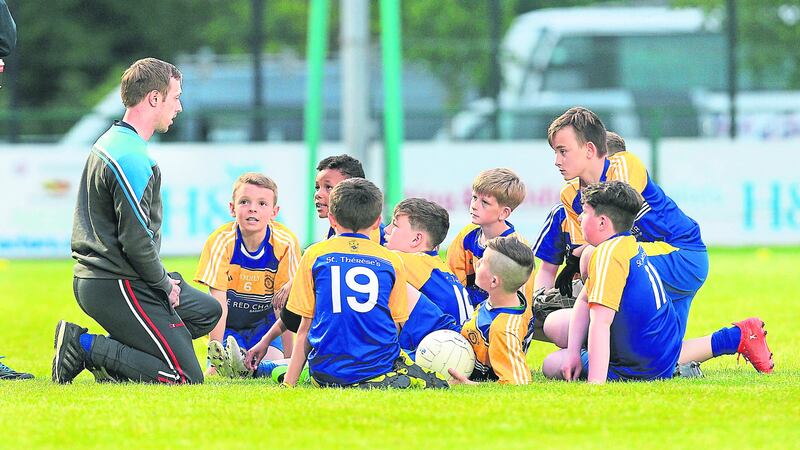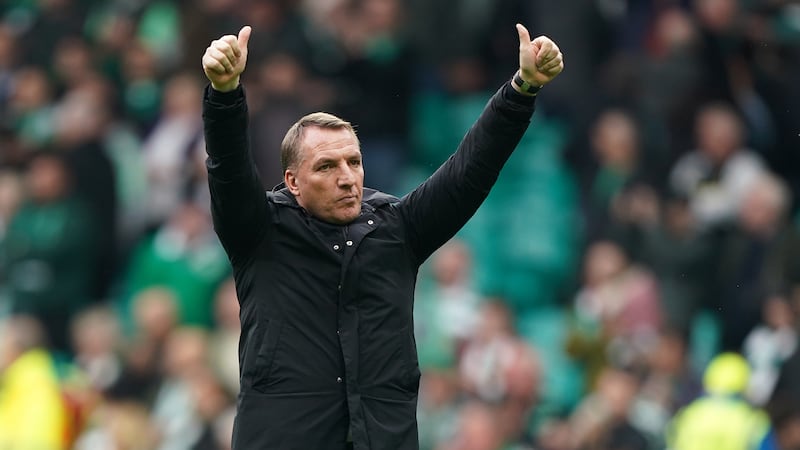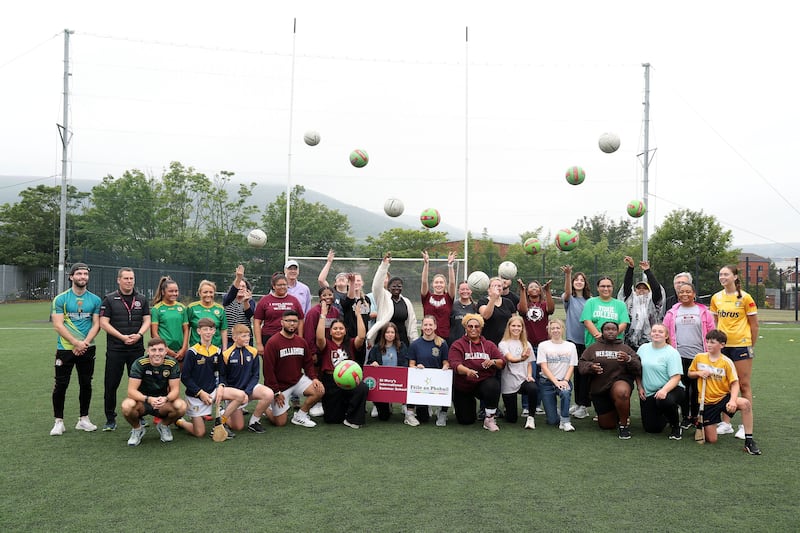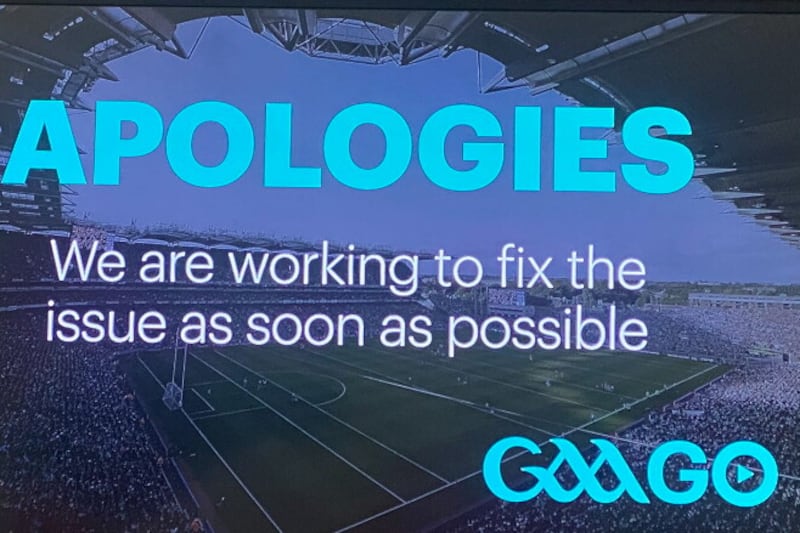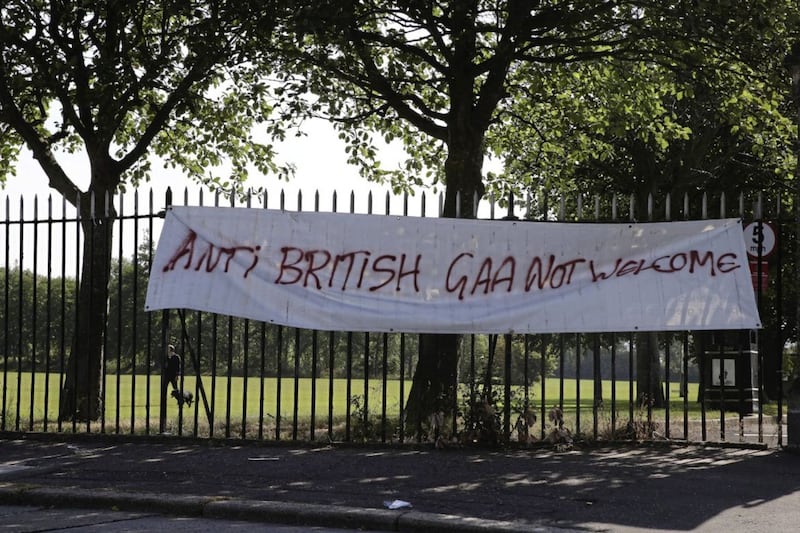TEAMWORK makes the dream work… A phrase that has been thrown around youth groups and team talks for as long as any of us can remember.
It is often included in such talks/events/chats with the intention of motivating and inspiring us to work together to achieve a common goal and the one thing about this cliché is that it always rings true.
From when we are young children we are taught to work together, be it in school, at sports, at hobbies, at work. There is always an element of teamwork and sometimes the dreaded team-building activities.
Questions are asked of us to try to determine if we natural leaders, we are more inclined to sit back and observe or prefer to be carried by other team members.
We are put into roles when the group is formed and the “team” quite often becomes the work of one or two members while the rest make up the numbers. Not only is this unfair but it also doesn’t teach anyone anything about either themselves or the potential of the team they are in.
TV shows like The Apprentice show the overly dramatised version of how teams can work together and, more often than not, work against each other. The contestants on the show are there for themselves, for self-promotion with the hope of winning a large investment in their business idea.
This means that when they are put into teams, they all want the spotlight of being the leader but don’t want the responsibility of standing over the whole team’s performance when things don’t go well.
Those that do well in the show, and are generally the best team members in anything, are people with good adaptability skills. People who can move between roles and adapt their skills to the needs of the team for a particular task will usually end up go furthest.
The same theory applies in sports teams. I didn’t grow up wanting to play the role of sweeper for Tyrone – the role didn’t exist as something to be working towards or training for.
I started my football career in goals, then moved up the field and won a minor All-Ireland at full-forward, migrated back to midfield as a senior and then had perhaps the most defensive midfield role of all, sweeping for a few years before retiring.
For my club I usually line out in the middle of the field but, like any player, I move to where the team needs me for that period of play, never mind for the duration of the match.
Defending is not something I would have said as a minor or U21 would have been my forte, but management obviously saw different strengths to what I
(and many others) thought I had and moulded me into a role that ended up winning me two Allstars.
I had to adapt and retrain to fulfil the role I was given but, like any sportsperson, I was just happy to be getting a jersey and given a job to do on a team that so many people would love to be on, so I had to make the most of the opportunity given to me.
Gaelic football is ever evolving and changing. It has been said for many years that there is no such thing as ‘positions’ anymore. There are 15 players on the team and each fulfils a fluid role regardless of the number on their jersey. It is this level of adaptability in players that makes a team work.
Full-backs and goalkeepers becoming regulars on the scoresheet, full-forwards defending like their lives depended on it – the ethos of team is certainly alive and well. It is more evident when it comes to awards such as the Allstars where players are awarded in positions completely different to the traditional role depicted by the number on their back.
It is great to see but it is very difficult to coach that level of teamwork into young children and youths who have the perception that they want to be top scorer and so they must wear the number 14 jersey. We are trying to train players to be all-rounders, but we don’t want the pressure of having to have all the skills and be able to excel in all the roles required.
Player development is becoming more important than ever and much like The Apprentice, there are players who will only ever want to have the spotlight on them and others who will be willing to adapt and learn for the good of those around them even if it isn’t the traditional role they have pigeonholed themselves in.
For coaches and managers to build a team in its truest form they really need to know the players available to them. To be able to match personalities to roles as well as matching skills to a role. To create a training routine that allows skills to develop as well as getting to know each other. To make it personal and make connections with people so that we can easier highlight people’s strengths and maybe adapt roles and responsibilities to suit what we see rather than pre-conceived reputation.
The younger that we can instil these skills and values in our teams the better, when we have people growing and working together the results will come, the dream will work.
